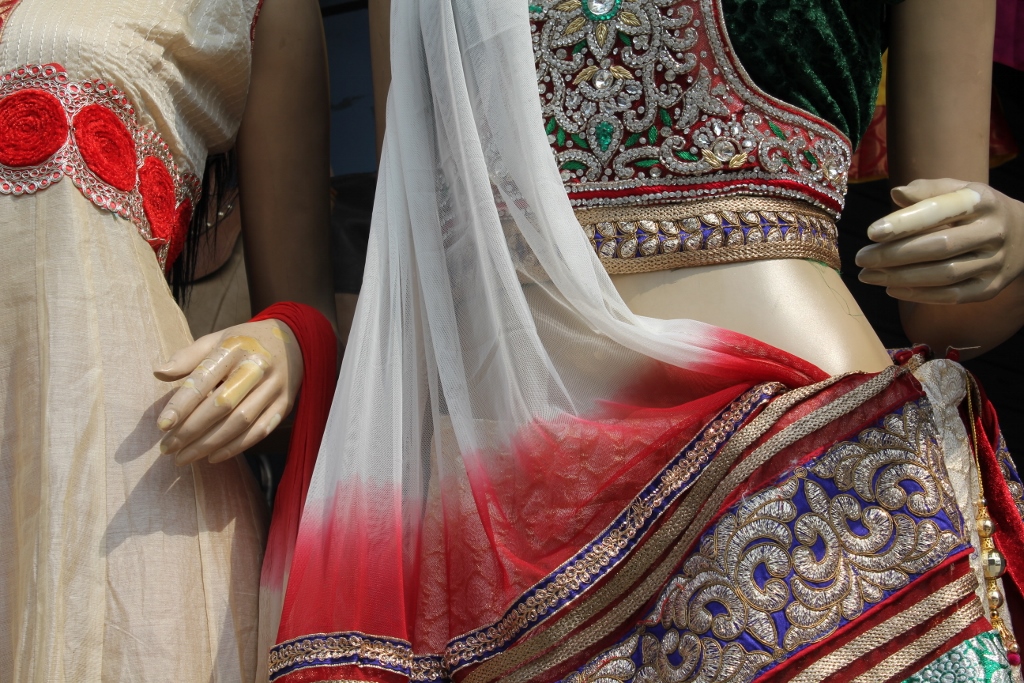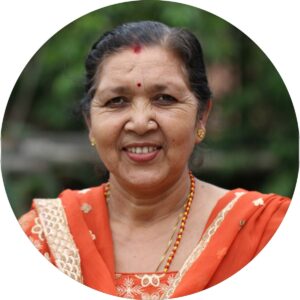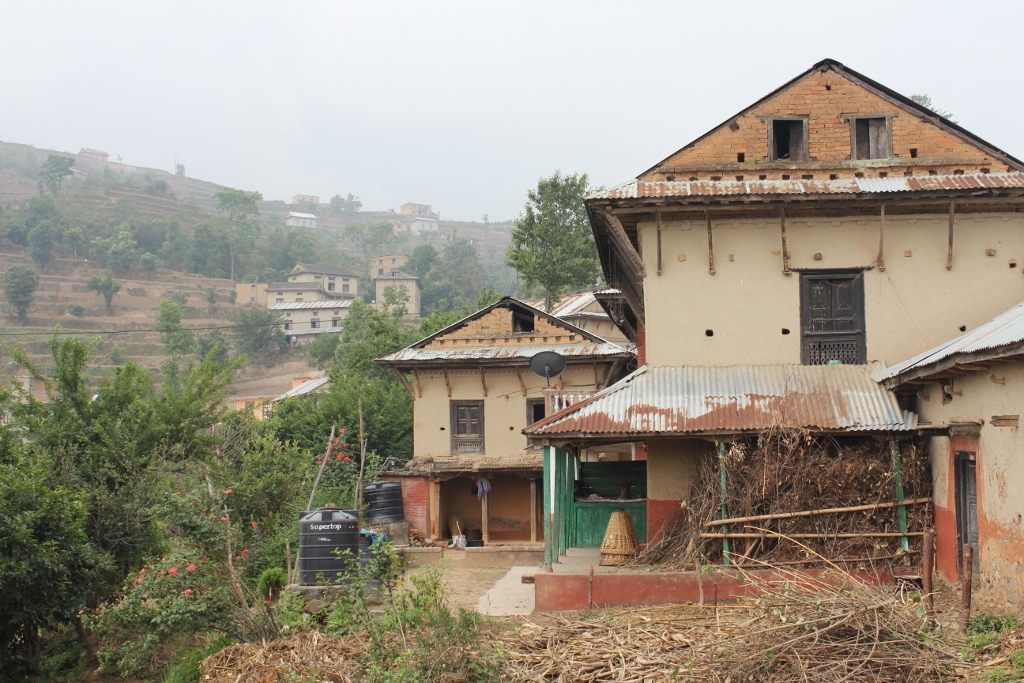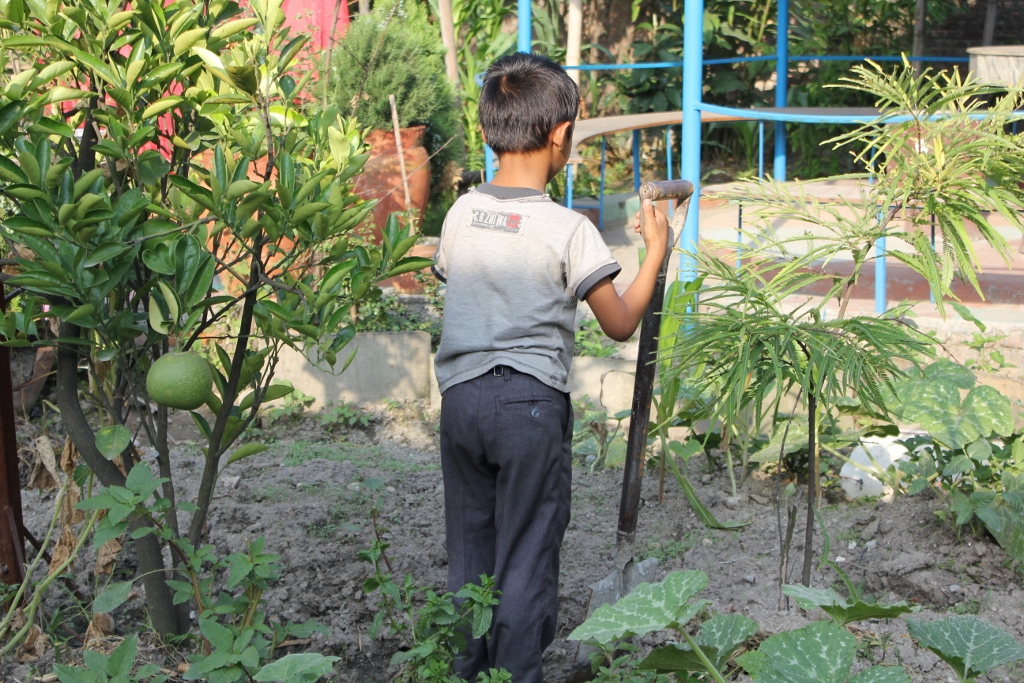It was during this meeting that the decision was made to establish an NGO dedicated to tackling such cases and providing legal support. The Women’s Foundation Nepal was born out of the collective determination to address these challenges and protect the rights of women and children. The organization began its journey with nine dedicated members from diverse backgrounds, including students, doctors, lawyers, and social workers. Together, we started organizing social programs and initiatives.
In an effort to seek justice, the Foundation took the matter to the Supreme Court, threatening legal action against the doctor and the negligent police. Miraculously, the very next day, the police located the missing girl. She had been forced into unpaid child labor at the doctor’s sister’s home. The Women’s Foundation Nepal successfully reunited her with her family, marking a significant victory in their pursuit of justice.
Since that pivotal moment, the Women’s Foundation Nepal has experienced remarkable growth. Today, we proudly boast thousands of members, seven district offices across Nepal, two child care centers, three shelters for survivors of abuse and violence, an organic farm, an onsite textile production center, scholarship programs, skills training for women, and free onsite legal support and psychological counseling services.
Tara Upreti
President , The Women’s Foundation Nepal
Ajala*
Sexually abused by school teacher
“I am from a small village in the Eastern part of Nepal. I went to school every day and was very thankful for that. I really enjoyed studying. When I was 16 years old, my schoolteacher sexually abused me after school. After this happened to me, I told it to my family and friends in the village but nobody supported me. They said, it was my fault and the harassment would not stop. I felt so unwelcomed, so wounded. I decided to leave this difficult situation and save myself. I heard about The Women’s Foundation Nepal and when I ran away from home my only wish was to reach their office. When I finally arrived at the WFN district office in Jhapa, they helped me and sent me to Kathmandu. Today I live at their shelter in Kathmandu. I am still processing the emotional trauma of my past. But I feel safe today and part of a big family, which understands my needs and supports me every day.”
Jyotika*
Raped and married at the age of 14 years old
Two children
“A man raped me, when I was 14 years old. I became pregnant. According to our tradition, I had no choice but to marry this man. Everyone said that it was my fault and because I had sex with him, I must marry him. I gave birth to a boy and later to a girl. My husband earned his money as a taxi driver. I never felt comfortable with him. He often used to come home late and very drunk. When he was drunk, he beat me and sometimes raped me again. He spent all his money on drinking and sometimes there was nothing left to buy food for the children and me. I worked in a carpet factory but my salary was never enough to meet all of our expenses. When he started to beat our children, I got very scared that he would actually kill one of them one day, because he was so aggressive and could not control himself when he started to beat me or one of the children. One day I heard about The Women’s Foundation Nepal in the media. My biggest wish was that my children could go to school. I asked them for support and they explained to me, that I did not have to stay with my husband and that rape is a crime. This meeting changed my life. I had enough courage to leave my violent husband, who abused me so many times. My children now liveat the WFN Shelter Home and I am so happy that they can go to school. I am living on my own close to them and after attending a training about weaving, sponsored by WFN, I am now working for their textile production centre.”
*names changed
November 25th in 1988 is a date that remains fresh in our memories – this was the date when the idea for The Women’s Foundation Nepal was born. It was on this particular day, following a college volleyball competition, that we, a group of young women students, were approached by a middle-aged couple asking if anyone had seen their daughter. She had been missing for three months.
The couple were landless, so they came to Kathmandu searching for work with their three children. They started to work in a carpet factory. After a few days in the factory, a doctor asked their nine-year old daughter to be his servant; she would help care for his children and during the day he would send her to school. Eight days later, the doctor came back to the carpet factory, telling the parents that their daughter stole 110 grams of gold and had escaped from his home. Since then, the frantic parents had been trying to locate her.
After hearing their story, 14 of us gathered together to help them. We visited the doctor, but he refused to meet with us. We went to a political party’s office to ask for support, but they did not take us seriously. Next, we brought our concerns to the police. They were rude and dismissive. They saw us as disturbing troublemakers and asked us to go back to our studies.
Undeterred by the lack of assistance, we, a group of 14 individuals decided to take matters into our own hands. We reached out to colleges, sharing the heartbreaking story and calling for a meeting to rally support in finding the missing girl. This gathering brought together 45 women, not only to discuss the specific case but also to address broader issues related to family and women’s rights.
With 78% of all violence cases, domestic violence is the greatest cause of injury to women in Nepal. It happens in all kinds of families, in 2018 (2075/2076) the police counted 14.774 cases were women suffered from domestic violence (Nepal Police).
Urvashi*
Arranged marriage at the age of 15 years old
Two children
“My husband was very violent. He yelled at me and beat me. He did not help me in the house and forced me to work very hard, even when I was exhausted. Once, I was bringing water to our house and boiling it outside the house. He was sitting in his bed and smoking a cigarette. The fire went out and he told me to bring a lighter quickly. As I was just handling the boiling water, I was not fast enough for him. He came over and got so mad at me that he poured the boiling water on me. I cried very loudly and fainted. When I woke up, I was in a hospital. My neighbours brought me to the hospital and called in The Women’s Foundation Nepal. WFN helped me while I was in the hospital and paid my hospital bills. They informed the police about the case and my husband was kept in custody for one month. After leaving the hospital, WFN taught me how to grow vegetables, which I now sell at the market. My husband left us. Now I am independent – legally, emotionally and financially. My children grow up in a safe and happy environment.”
*names changed
The Women’s Foundation Nepal is very thankful to have the support of many reputable international organizations. The following are some of those who provide invaluable support to WFN and without whom the important work of WFN would not be possible:
Sponsors:
GLS Future Foundation for Development
Canada Nepal Solidarity for Peace (Canada)
Eine Welt Gruppe (Germany)
Nepali-Deutsche Gesellschaft = NEDEG (Germany)
The Global Women’s Project (Australia)
WFNCI (Canada)
Business partners:
Annick Jewellery (France)
Of the total 7.7 million children in Nepal between 5–17 years an estimated 3.14 million children are working. Of these 1.6 Million children are engaged in child labour even though it is illegal. About three-quarters of them are under the age of 14. Per definition child labour refers to working conditions that harm children in their personal development. Especially children in rural areas drop out of school to financially support their families. Agricultural work, street hawking, mining and construction work are some examples of the mostly seen works. A lot of children are engaged in hazardous work and are exposed to physical and mental risks. Working in private households as domestic workers puts mainly girls at the risk of domestic sexual exploitation (The Himalayan Times).
Chandra*
Started to work at the age of 7 years old
“My parents come from a small village and due to their poverty, they moved to Kathmandu to find work. I have two sisters and one brother. My parents started to work for a carpet factory, but the salary was not enough to feed the whole family. So they sent my older sister to work in India. The first three years, they received money from India. Then the money stopped, and we never ever heard of my sister again. I started to work at the carpet factory when I was 7 years old. When my mother got sick, my father had to buy medicine for her treatment. But he could not pay it. To get more money, they sent me to Bhaktapur to work in a house of a rich family. I was 10 years old by then. I worked 18 hours each day. I had to clean the house, wash dishes and clothes, polish shoes and dress the children and bring them to school. The owner’s wife tortured me and although I worked so hard, the house was never clean enough for her. When my mother died, they would not let me go back to my parent’s house to attend the funeral. As my father could not afford to pay for the funeral, The Women’s Foundation Nepal helped him. When they heard about me, they came to Bhaktapur and freed me from this house. Now I live at the Shelter Home with my sister and my brother. I have never seen my other sister in India again. I see my father from time to time. I am happy, that I can go to school now and learn something to make my life a better life.”
*name changed





